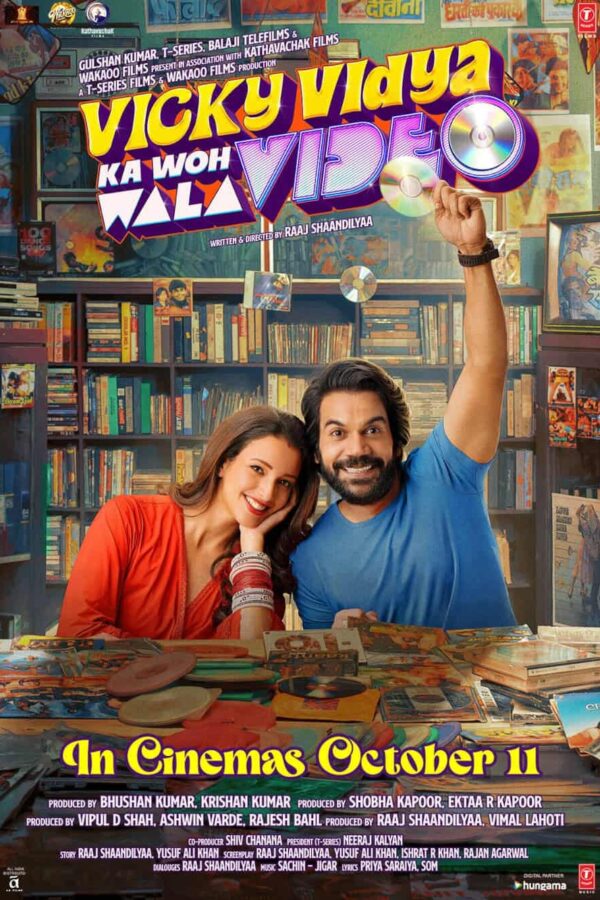Have you ever wondered why pirated movie downloads remain so prevalent despite the growing awareness about copyright laws? The allure of free entertainment is undeniable, yet it comes with significant risks. Downloading movies from unauthorized sources not only supports illegal activities but also exposes users to potential malware and security threats. In this piece, we delve into the world of pirate websites like Filmyzilla, Mp4moviez, and Hdhub4u, which continue to thrive despite global crackdowns on digital piracy.
The internet has revolutionized how we consume media, offering unprecedented access to films, music, and other forms of entertainment. However, alongside legitimate streaming platforms, there exists a shadowy network of websites that distribute pirated content. Among these, Filmyzilla, Mp4moviez, and Hdhub4u have become infamous for hosting unauthorized copies of Bollywood, Hollywood, and South Indian films. These platforms provide downloadable links for recent releases such as Deva Movie 2025, Mufasa: The Lion King, Bhoomi Hindi Bollywood Full Movie, and even anticipated titles like Captain America 4: Brave New World. While their services might seem convenient, they pose serious ethical and legal concerns.
| Category | Details |
|---|---|
| Name of Website | Filmyzilla, Mp4moviez, Hdhub4u |
| Type of Content | Pirated Movies (Bollywood, Hollywood, South Indian) |
| Popular Downloads | Deva Movie 2025, Mufasa: The Lion King, Bhoomi Hindi Bollywood, Salaar Hindi Dubbed, Captain America 4 |
| Risks Associated | Malware infection, data breaches, violation of copyright laws |
| Legal Status | Illegal; subject to government bans and takedown notices |
| Reference Link | World Intellectual Property Organization |
Despite the widespread availability of legal streaming options, many users still opt for pirated downloads due to cost considerations or regional restrictions. For instance, a user in India may find it challenging to access certain Hollywood releases legally without subscribing to multiple platforms. Pirate sites exploit this gap by providing free or low-cost alternatives. However, what seems like a harmless shortcut often leads to dire consequences. Users who download content from Filmyzilla or similar sites risk exposing their devices to malicious software designed to steal personal information or disrupt system operations.
In addition to technical dangers, supporting pirate websites undermines the creative industries that produce the very content people enjoy. Filmmakers, actors, writers, and technicians invest years of effort and resources into creating movies. When viewers choose pirated versions over legitimate ones, they deprive these professionals of fair compensation. This cycle discourages innovation and stifles growth within the entertainment sector. Moreover, governments worldwide are intensifying efforts to combat online piracy through stricter regulations and increased enforcement actions against offending websites.
Take, for example, the case of Mohabbatein, a classic Bollywood film starring Shah Rukh Khan and Amitabh Bachchan. Released in 2000, it remains popular among fans who seek high-definition versions of the movie. Unfortunately, many resort to downloading it illegally via Filmyzilla or Mp4moviez instead of purchasing authorized DVDs or streaming subscriptions. Similarly, newer releases like Marco (2024) face the same fate, with pirate sites capitalizing on public demand for fresh content.
South Indian cinema, too, suffers significantly from piracy. Films like Salaar, originally released in regional languages, gain wider audiences through Hindi dubbed versions available on unauthorized platforms. Such practices hinder the financial success of filmmakers who rely heavily on box office collections and legitimate distribution channels. Furthermore, the proliferation of pirated content complicates international collaborations and licensing agreements, affecting the global reach of Indian cinema.
As technology advances, so do the methods employed by pirate website operators. They frequently change domain names, use proxy servers, and employ encryption techniques to evade detection. Yet, authorities are fighting back using advanced tracking tools and international cooperation to shut down these illegal operations. In some cases, individuals caught downloading copyrighted material face hefty fines or imprisonment, serving as deterrents for others tempted to follow suit.
For those seeking alternatives to pirated content, numerous legitimate streaming services offer affordable subscription plans and occasional free trials. Platforms like Netflix, Amazon Prime Video, Disney+, and local providers cater to diverse tastes while ensuring quality viewing experiences. Additionally, educational campaigns aimed at raising awareness about the harms of piracy can play a crucial role in shifting consumer behavior toward ethical consumption habits.
Ultimately, the battle against online piracy requires collective action from all stakeholders—governments, industry players, technology providers, and consumers alike. By choosing to support legal avenues for accessing entertainment, we contribute to fostering an environment where creativity flourishes and creators receive rightful recognition for their work. As society continues evolving digitally, let us embrace responsible practices that respect intellectual property rights and promote sustainable development across all sectors of the economy.


